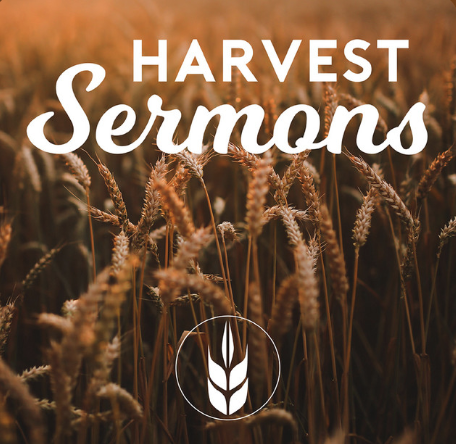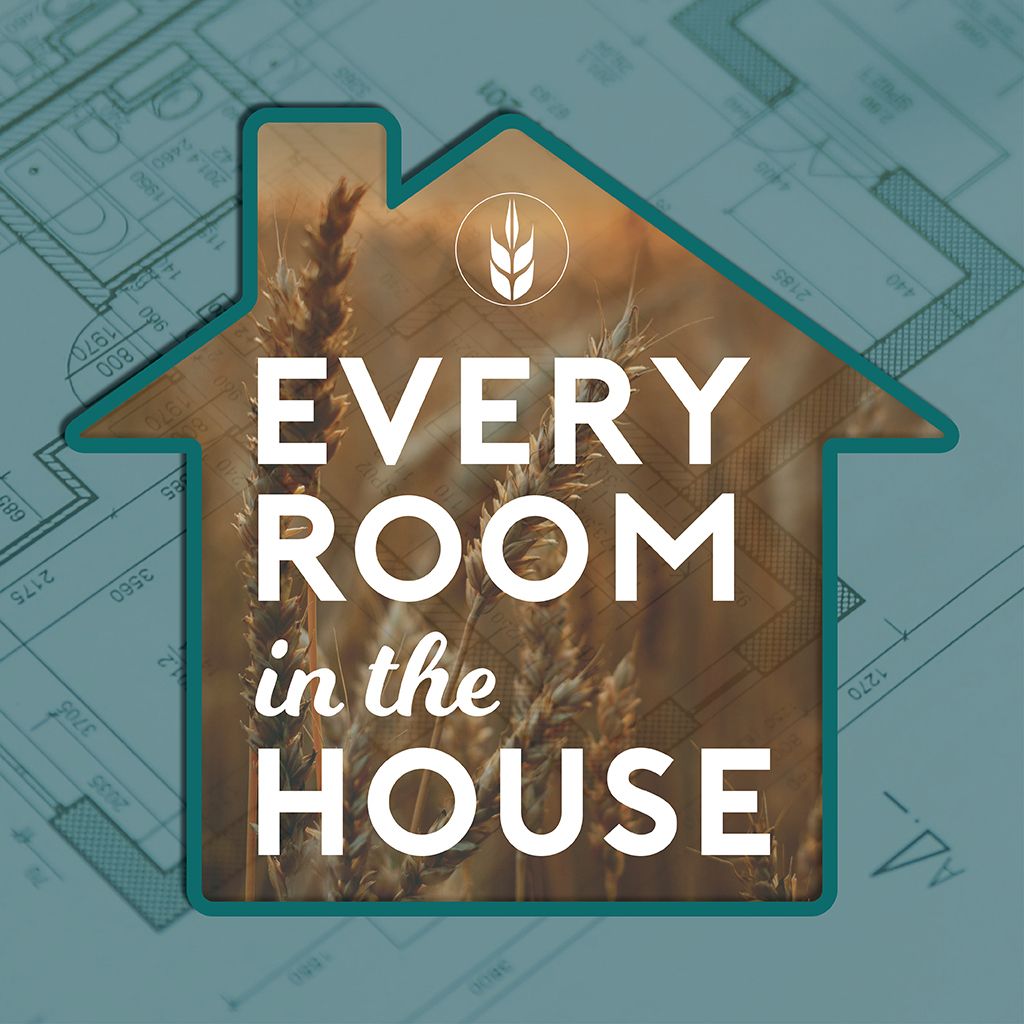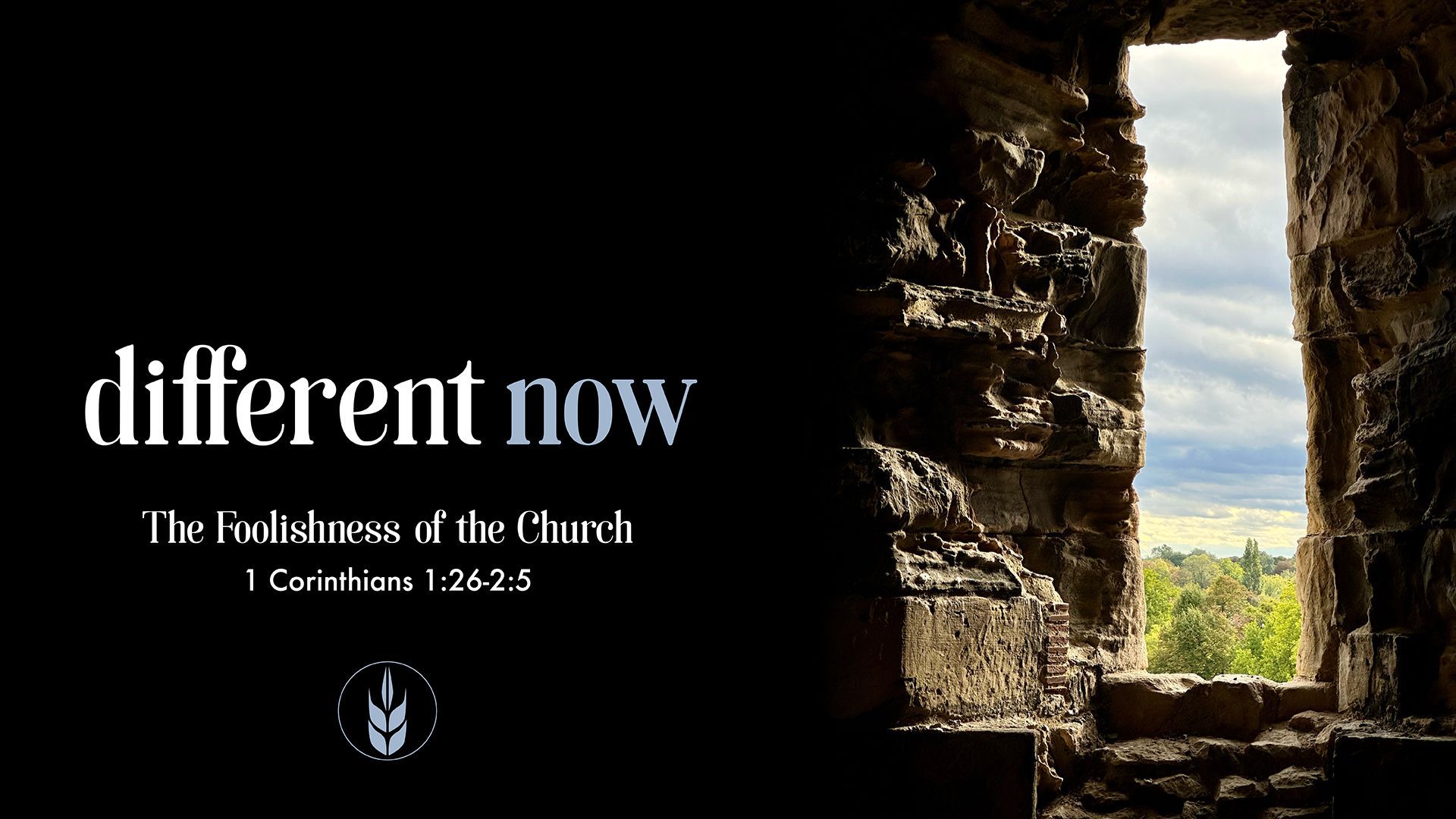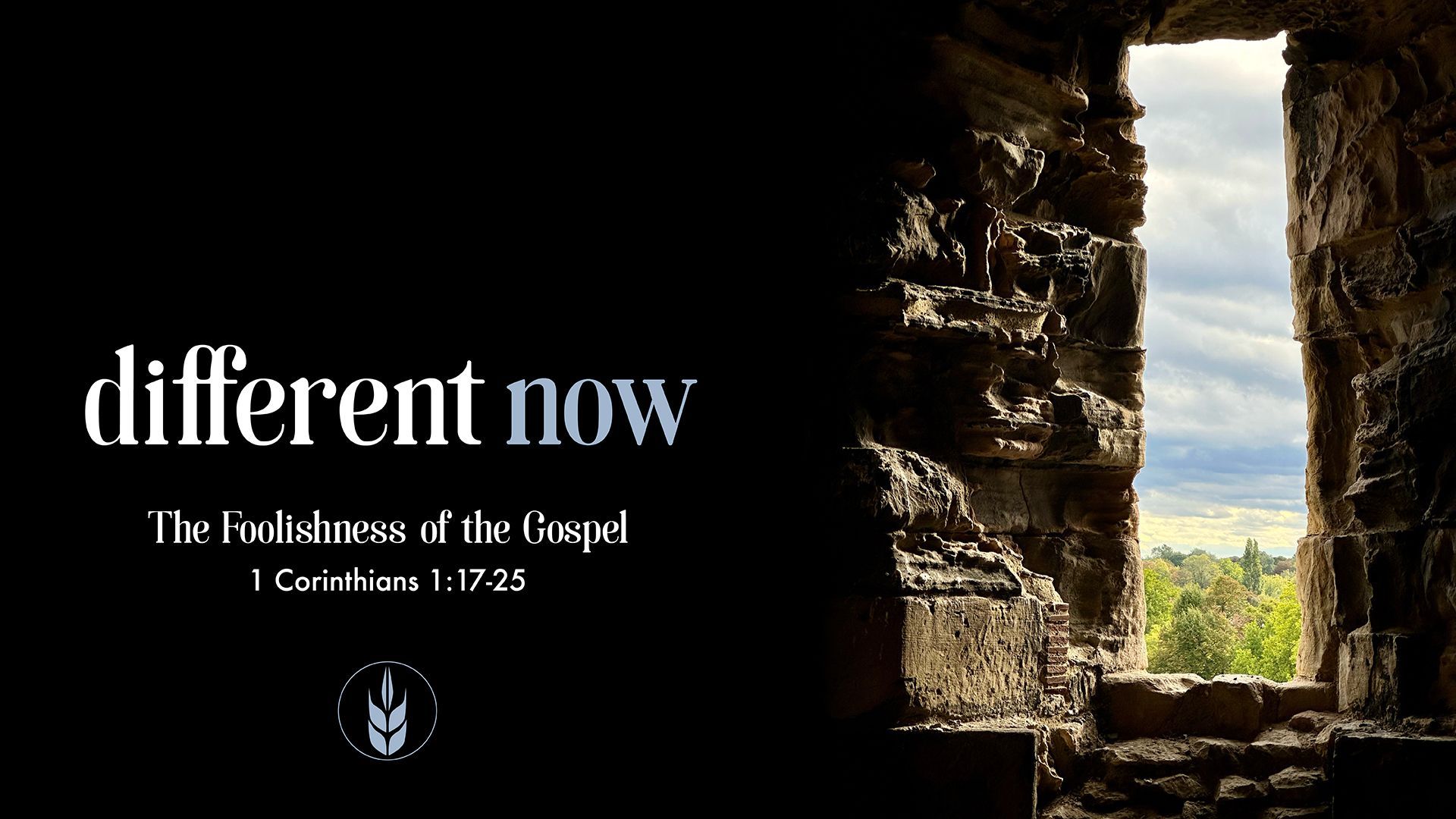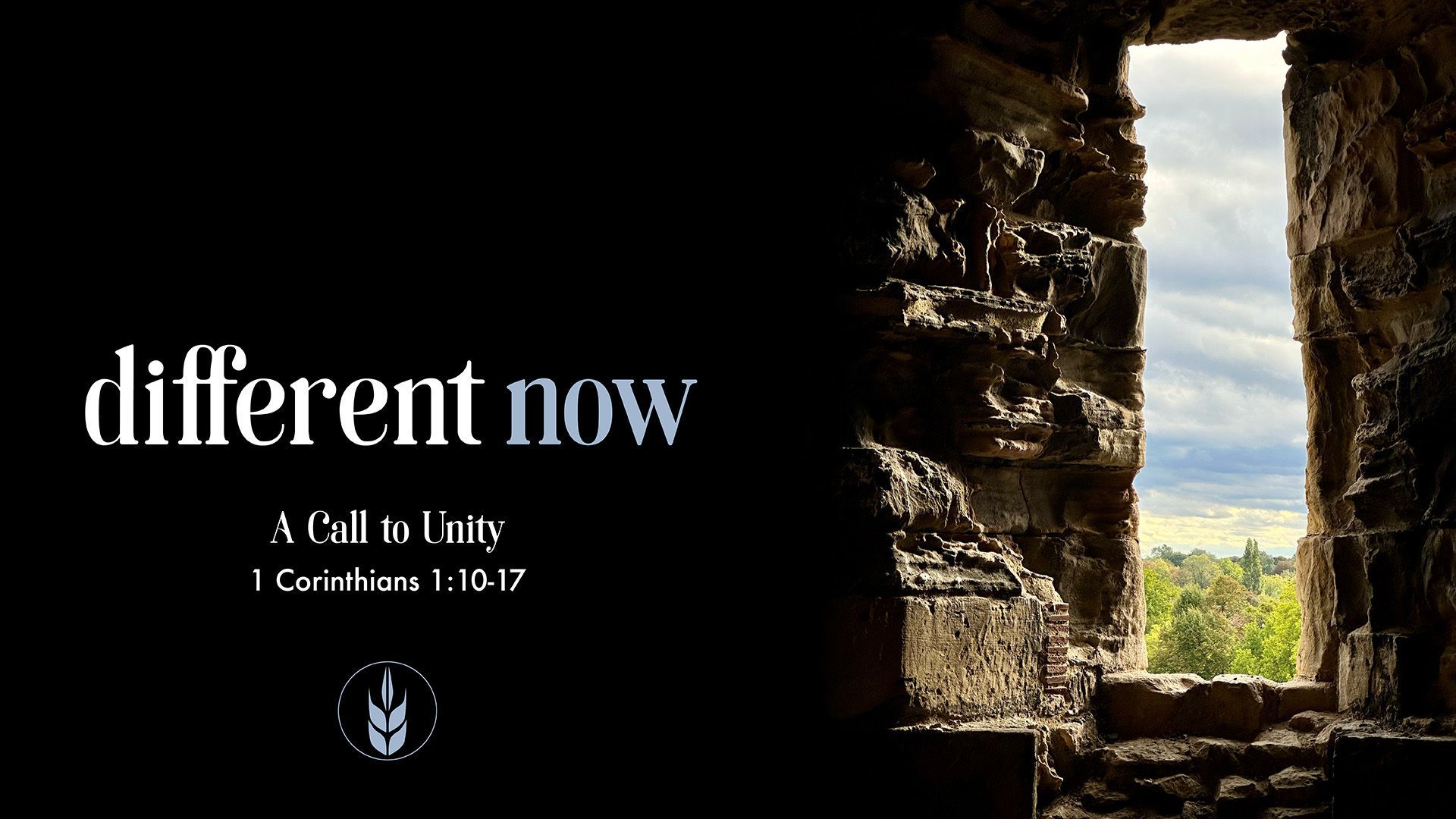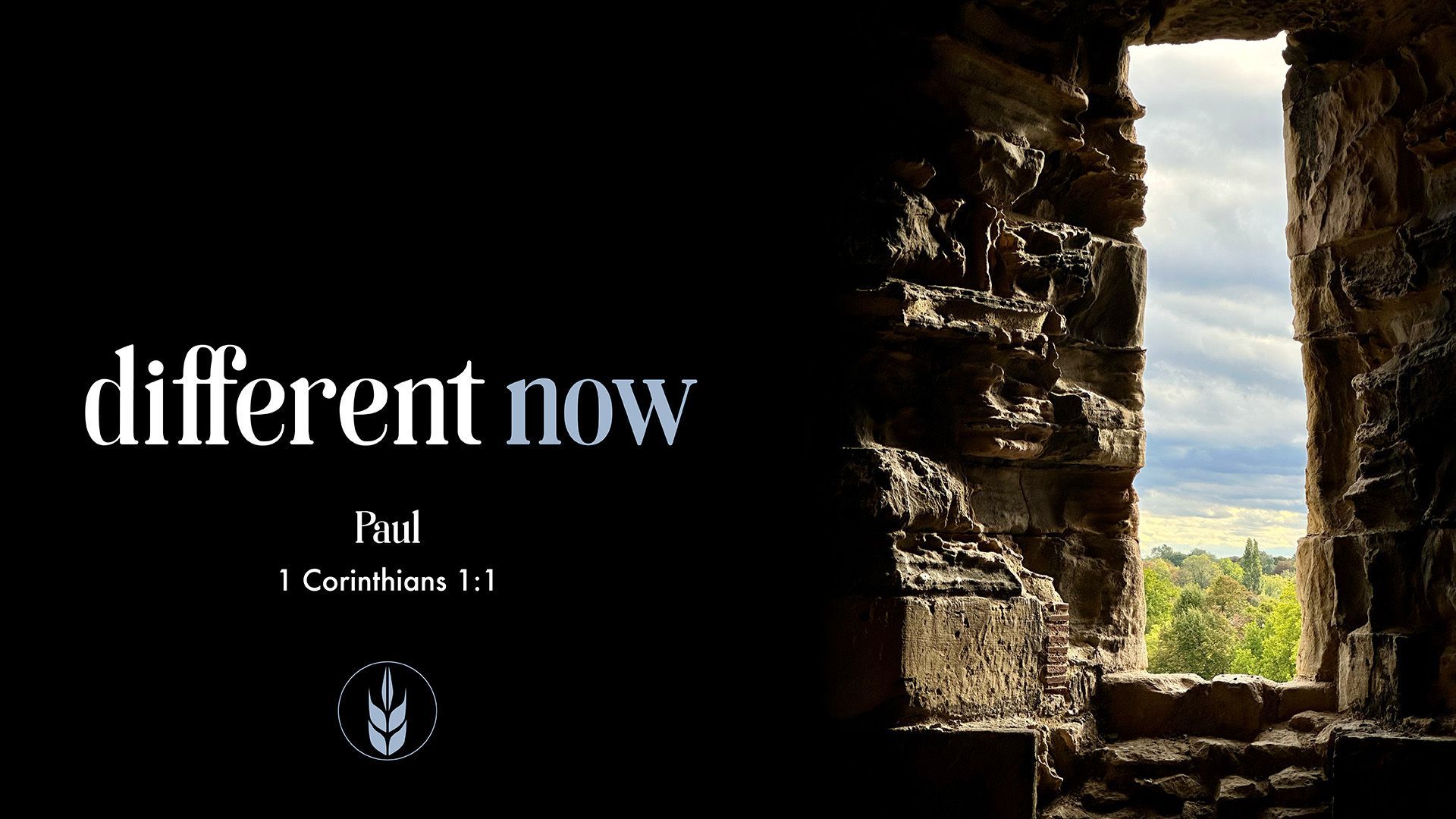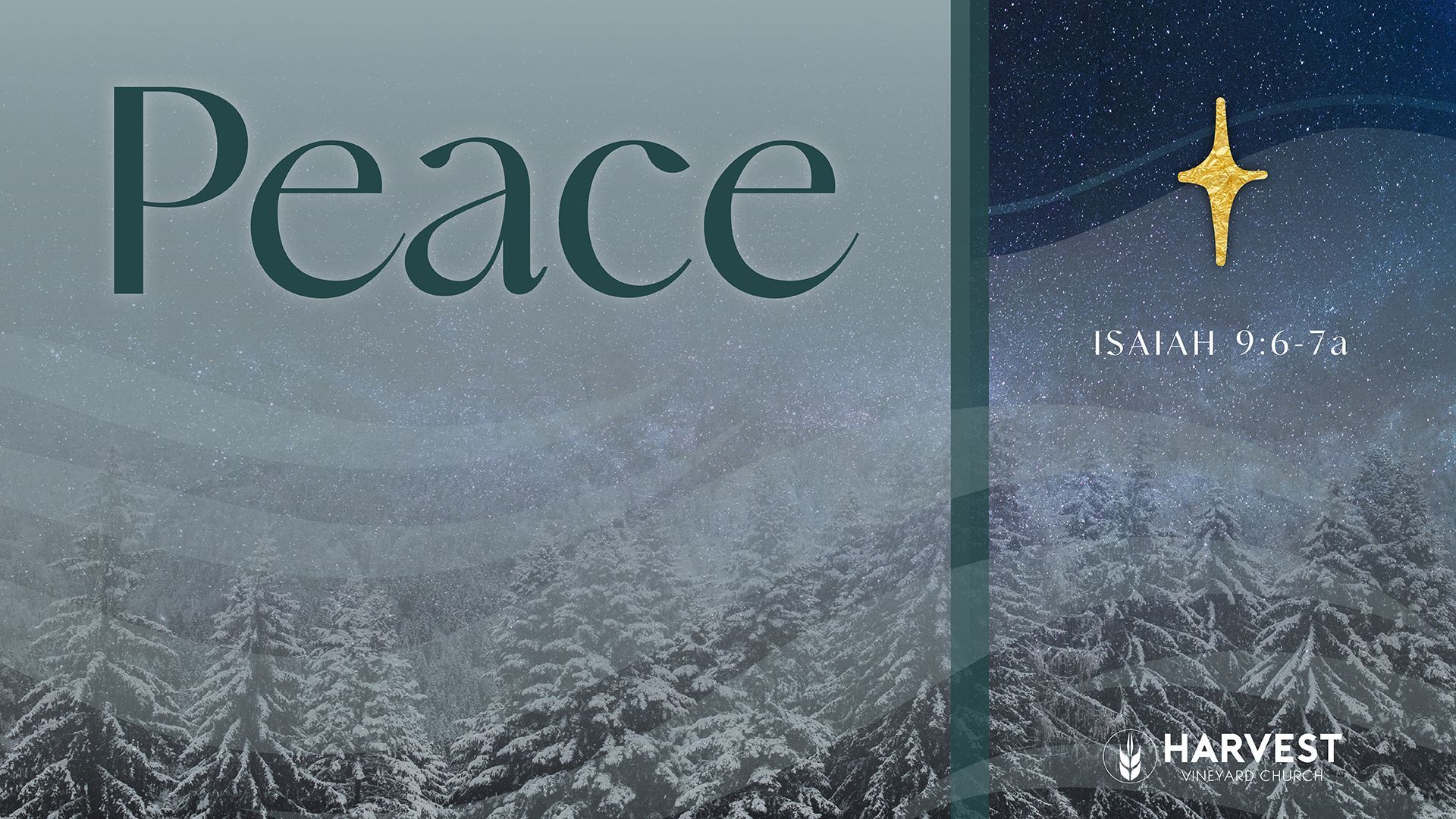
The Surprising Truth About Insecurity and Identity
We all struggle with insecurity to some degree. It's part of the human experience. But what if our insecurities and misplaced identity are actually holding us back from living the life we're meant to live?
The story of Gideon in the book of Judges offers a fascinating case study in how even mighty warriors can be crippled by self-doubt and a desperate need for validation. At first glance, Gideon's tale seems like an epic underdog story - 300 men armed with trumpets and clay jars somehow defeat an army of 135,000 Midianites. It's the stuff of legend.
But as we dig deeper, we see a man plagued by insecurity despite God's clear calling on his life. When God first approaches Gideon, addressing him as "mighty warrior," Gideon can only see himself as the least of the least. Even after leading Israel to an astounding victory, Gideon remains driven by his need to prove himself.
We see him bullying weaker towns, setting up idols for worship, amassing wealth and women like a king. He speaks piously about God being Israel's true ruler, but then lives as if he himself is king. There's a stark disconnect between what Gideon professes and how he actually lives.
Sound familiar? How often do we know something to be true about God or ourselves, yet fail to actually live it out? Our brains are wired to listen primarily to our own inner voice. Even when God or others speak truth to us, we often can't receive it because we're so locked into our own narratives of inadequacy.
This misplaced identity and crippling insecurity doesn't just hurt us - it hurts those around us too. We see Gideon lashing out violently, using others to make himself feel important, and ultimately leading Israel into idolatry. His family is torn apart in the aftermath.
While few of us may reach Gideon's extremes, we all have our own subtle ways of making everything about ourselves. The workaholic striving to prove their worth. The social media addict craving validation. The parent living vicariously through their child's achievements. The list goes on.
Embracing Our True Identity in Christ
What would happen if we truly believed what God says about us? What if we internalized our identity as beloved children of God, co-heirs with Christ, saints made righteous through Jesus' sacrifice?
The apostle Paul reminds us in Romans that we have been justified, reconciled to God, called, chosen, and loved beyond measure. We are part of God's family, citizens of His kingdom. This isn't presumption or arrogance - it's the foundational truth of who we are in Christ.
Sadly, many of us refuse to believe these truths about ourselves. We cling to old identities, compensating for our insecurities in unhealthy ways. But here's the liberating truth: there is nothing you can do to make God love you any more or any less than He already does. You are fully accepted, cherished, and secure in Him.
From this place of unshakeable identity, we're free to stop obsessing over ourselves. We have nothing to fear, nothing to hide, nothing to prove. We can simply be who God made us to be and do what He's called us to do.
In the sermon connected to this blog, Josh shared a powerful story of wrestling with his own insecurities. Driving to church one Sunday, he found himself fixating on how few people might show up that day. His mind raced with ways to explain the small crowd, to somehow prove his worth and importance.
Sitting alone in his car before the service, he had it out with God. In that moment, God gently reminded him that none of this was about him in the first place. Whether the crowd was two or two thousand, it didn't change his identity or value as God's beloved child.
This realization was incredibly freeing. He no longer felt compelled to put on a facade or make excuses. He could simply be present and faithful to whatever God had for him that day.
Most of us live somewhere on a continuum between fully believing what God says about us and believing the lies we tell ourselves (or that others have spoken over us). The more we can align our self-perception with God's view of us, the more free and secure we become.
Understanding Our Fundamental Identity
John Wimber, founder of the Vineyard movement, put it this way: "I used to tell people, 'I'm just a sinner saved by grace.' But I no longer say that. True, I was once a sinner who repented and believed and as a result was saved by grace. But now I'm a child of God, healed of my spiritual sickness, set free from sin and a slave to righteousness. That is to say, my fundamental identity is I'm a child of God, a new creation."
This shift in how we view and speak about ourselves matters deeply. The kingdom of God has broken into our world through Jesus, setting us free from both the guilt and power of sin. We are new creations, no longer defined by our past failures or current struggles.
As you reflect on your own life, where do you see insecurity and misplaced identity holding you back? What would change if you truly believed and lived out your identity in Christ?
Take some time to meditate on these truths:
- You are justified.
- Made righteous.
- Reconciled to God.
- Called.
- Chosen.
- Loved.
- A saint.
- A child of God.
- A co-heir with Christ.
- A citizen of His kingdom.
Let the Holy Spirit settle these realities deep in your soul. From this place of unshakeable identity, you'll find a new freedom to engage fully with God's purposes for your life. No more striving, no more pretending, no more desperate attempts to prove your worth.
You are who He says you are. Nothing more, nothing less. And that's more than enough.
Hit play to listen to the sermon this blog is based on
At Harvest Vineyard, we believe we are better together, in community. We're glad you're here.
ENCOUNTER CHRIST.
EXPERIENCE COMMUNITY.
LOVE THE WORLD.
We believe that experiencing the love and mercy of God is more effective in bringing change to people's lives than rules, guilt, and condemnation. We have attempted to make our community a place where people can come as they are and still experience love and mercy. At the same time, we desire to learn and apply the truth of God to our lives and learn how to speak truth to one another.

